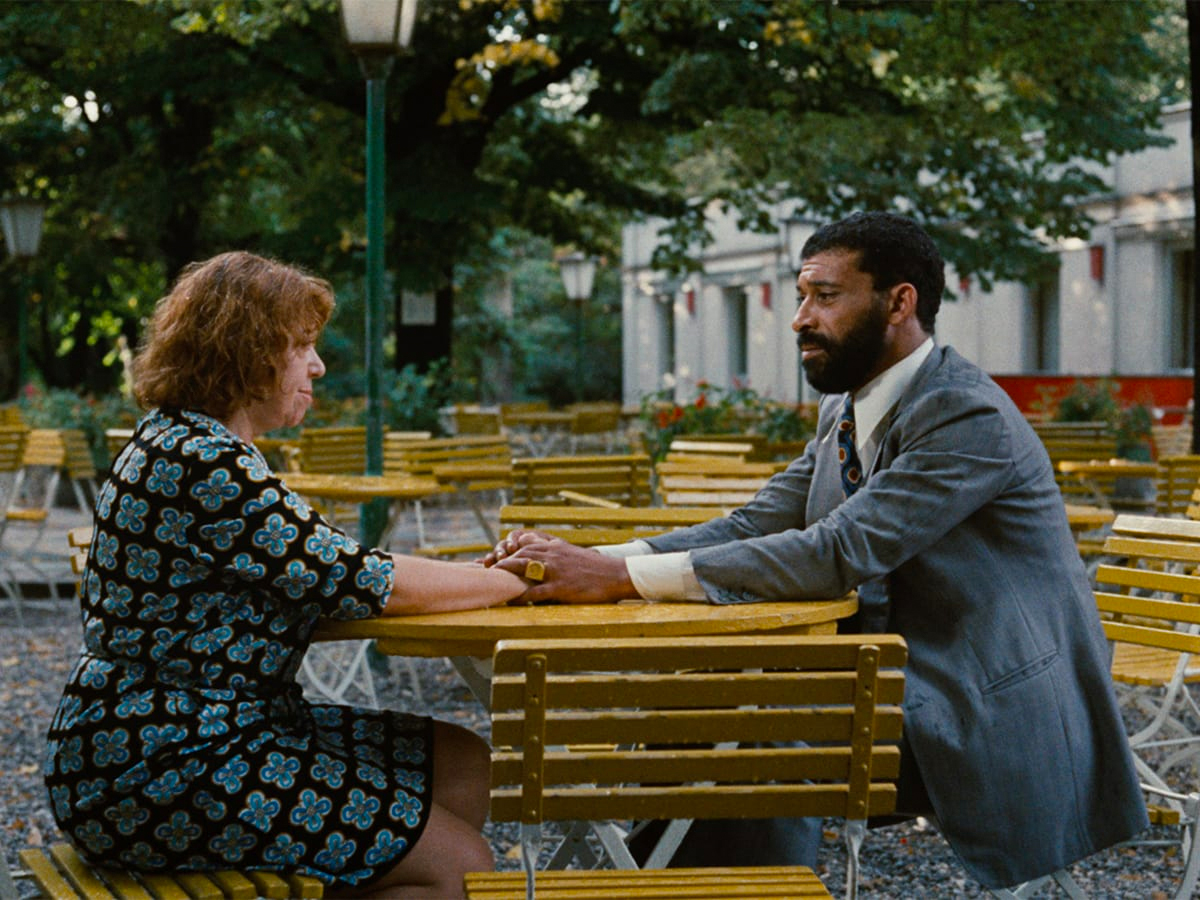Now that we have to maintain physical distance, our experience of cinema has become a solitary delight. But in this time of confinement, we can find our cinephile community in the non-endemic space of the online environment. Sabzian selects three films a week, available on online platforms. You can find more information about our online selection here.
In a response to the protests against systemic racism in the United States, The Criterion Collection has lifted the paywall on a selection of titles, among them is Cheryl Dune’s Watermelon Woman (2017). In this feature debut, the filmmaker impersonates a director struggling to make a documentary about a black film actress nicknamed “The Watermelon Woman”. Fascinated by this rare character in film history who she can identify with, she is confronted with the narratives that dominate her culture.
History can seem like a monolith. Politics and art have been framed in rock-solid forms and solidified in undisputed canons. Even though they often seem smooth and clear, some actions or artworks are capable of chiselling out a hole in these formations. Looking through those dissident viewpoints, one can see the voids that were covered by blind spots of dominant culture. Cheryl Dune dances around the canon of film history, refusing the absence of prominent black queer characters in film history.
Sometimes it is a question of the speculative rewriting of film history, creating peepholes and vantage points to invite a new vision on the narratives that go unquestioned. In Rock Hudson’s Home Movie (1992), Mark Rappaport dissects American actor Rock Hudson’s captivity in stereotyped heterosexual roles. Using fragments of Hudson’s oeuvre, the performativity of gender roles is held against the light – and the cracks become visible. In this “imagined home movie” we see how Hudson’s true colours were masked, but visible nevertheless. With this film, Rappaport playfully invites a different reading of the dogmatism of white heterosexual storytelling in film history.
Rock Hudson was Douglas Sirk’s favourite actor and starred in many of his melodramas. In All That Heaven Allows (1955), Hudson features in an unusual love affair. Cary, an older widow, falls in love with his character called Ron, being much younger and from a different social class. Cary suffers the disapproval of her family and friends. The oppressive environment of American suburbia of the fifties forces Cary to choose between her consensual role as an elderly mother and her heart. German filmmaker Rainer Werner Fassbinder was greatly moved by it: “Women think in Sirk’s films. Something which has never struck me with other directors. None of them. Usually women are always reacting, doing what women are supposed to do, but in Sirk they think. It’s something that has to be seen. It’s great to see women think. It gives one hope.” Eighteen years later, Rainer Werner Fassbinder reinterprets this masterpiece of melodrama in his Angst essen Seele auf (1973), where the story revolves around an older white working-class lady and a younger migrant worker. Time has passed, but the same prejudices exist. In his straightforward style, Fassbinder proves that following your heart on the most intimate level can be a political struggle.
Watermelon Woman (Cheryl Dune, 1996) | Watch here
Rock Hudson’s Home Movie (Mark Rappaport, 1992) | Watch here, free of charge
Angst essen Seele auf (Rainer Werner Fassbinder, 1973) | Watch here




